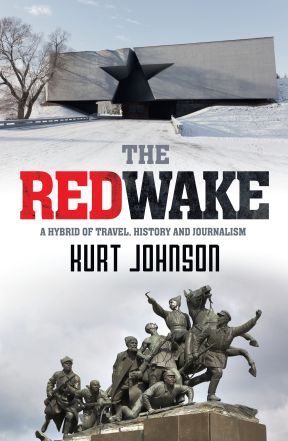
Kurt Johnson's extensive journey through contemporary Russia and its old satellites is a vivid portrait of how the ghost of that order still haunts the present. But it is also underpinned by a strong family tale, his grandparents having fled communist Czechoslovakia, part of the story taking place in the family's substantial old summer house with the Kafka-esque name, the Castle. He visits the last existing gulag and the ex-KGB headquarters in Moscow. The writing ... has an evocative immediacy, is historically informed and nuanced, ideologically alert and alive to Western narratives and Russian revisionist nostalgia.